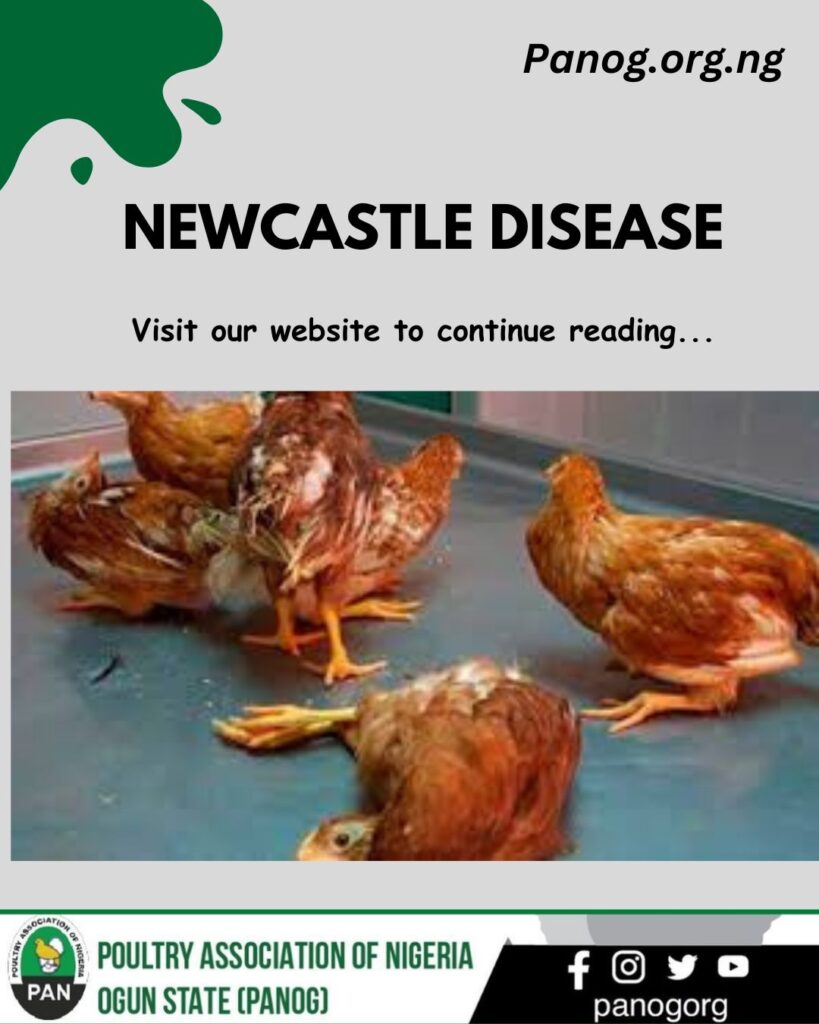
Gumboro disease, also known as Infectious Bursal Disease (IBD), is a highly contagious viral infection that affects the immune system of young chickens, leading to significant economic losses in the poultry industry. Here’s an overview of the disease and how to prevent it:
Gumboro Disease Overview
Cause:
Gumboro disease is caused by the Infectious Bursal Disease Virus (IBDV), which targets the bursa of Fabricius, an important immune organ in birds. This results in immunosuppression, making the affected birds more susceptible to other infections.
Symptoms:
Depression and lethargy
Ruffled feathers
Diarrhea
Dehydration
Swollen or hemorrhagic bursa of Fabricius (upon necropsy)
Increased mortality rates in severe cases
Prevention Measures
Vaccination:
Routine Vaccination: Vaccinate chicks using live attenuated or inactivated vaccines according to a schedule recommended by a veterinarian. Vaccination typically starts at 1-3 weeks of age.
Maternal Antibodies: Ensure breeder hens are vaccinated to pass on protective antibodies to their chicks, providing early immunity.
Biosecurity:
Isolate New Birds: Quarantine new birds before introducing them to your flock to prevent the introduction of IBDV.
Limit Visitors: Restrict access to the poultry house to essential personnel only. Ensure visitors wear protective clothing and footwear.
Sanitation: Regularly clean and disinfect poultry houses, equipment, and transport vehicles to eliminate potential virus reservoirs.
Control Rodents and Wild Birds: Implement measures to prevent these animals from entering the poultry house, as they can carry and spread IBDV.
Environmental Management:
Litter Management: Maintain clean, dry litter to reduce the spread of the virus within the flock.
Ventilation: Ensure proper ventilation to reduce stress and improve overall bird health, making them less susceptible to infections.
Health Monitoring:
Regular Health Checks: Conduct regular health assessments of your flock to detect early signs of illness and implement timely interventions.
Surveillance Testing: Regularly test for the presence of IBDV in your flock, especially in areas where the disease is endemic.
Feed and Water Quality:
Clean Water Supply: Provide clean, uncontaminated water at all times. Consider adding disinfectants to the water if necessary.
Nutritious Feed: Ensure a balanced diet to maintain the health and immunity of your birds. Avoid feed contamination with pathogens.
Stay tune for more poultry disease, prevention and treatment.

